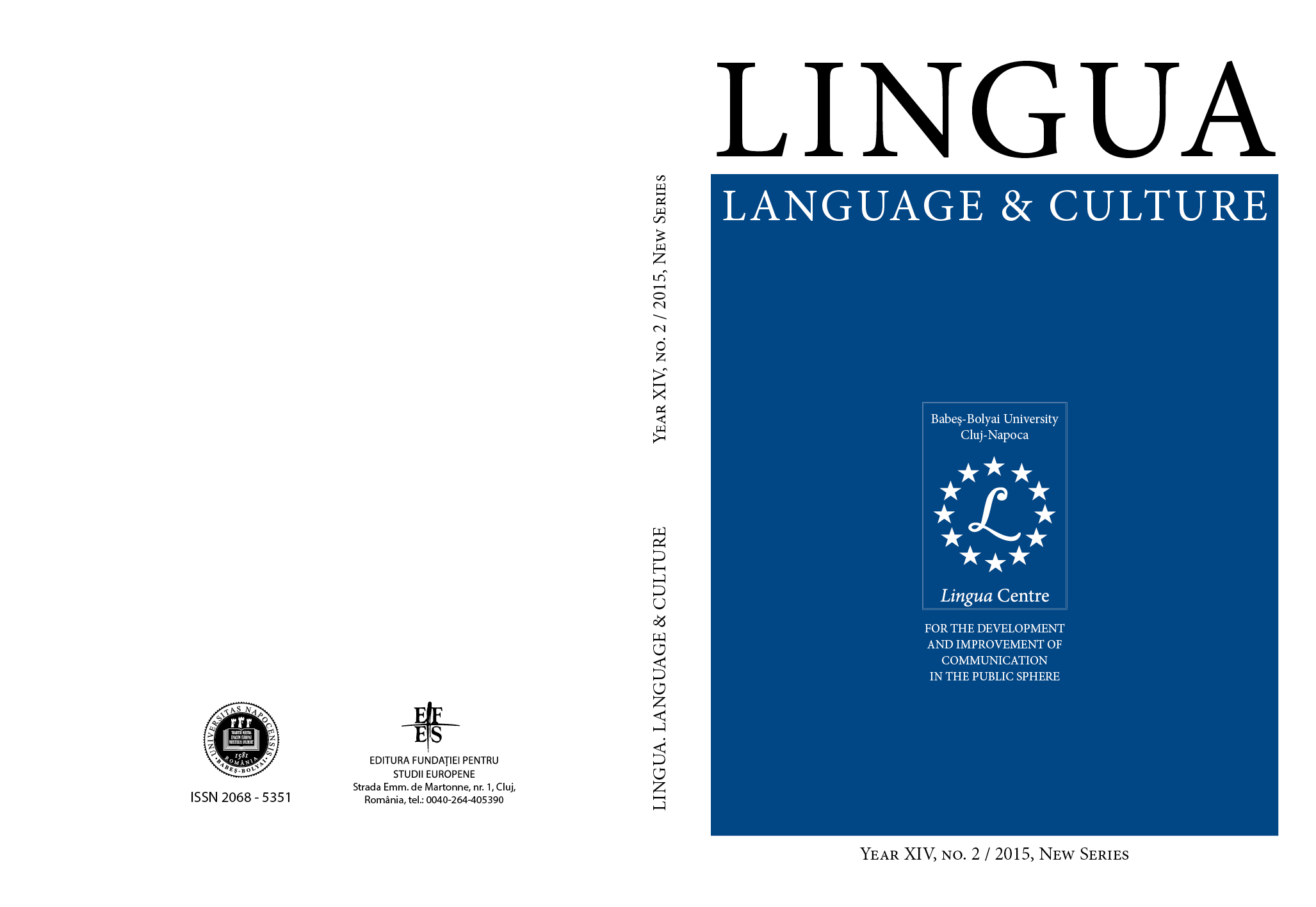Ähnlichkeiten und Unterschiede zwischen Englisch und Deutsch – Ein lexikalischer Ansatz
Similarities and Diferences between English and German – A Lexical Approach
Author(s): Antonia-Izabella KelemenSubject(s): Language and Literature Studies
Published by: Universitatea »Babes Bolyai« Cluj - Facultatea de St. Economice si Gestiunea Afacerilor
Keywords: mothertongue; vocabulary; loanwords; pronounciation; wordroots; endings; interference; avoiding mistakes; lexemes.
Summary/Abstract: Foreign languages should be taught and be learned in a way not isolated from each other as some are related and built on each other. Communication skills of learners is constantly expanding. Foreign language learning in the world today - and in particular with regard to European integration – is a lifelong task, where there are mainly two significant aspects for the development of tertiary language didactics –the increase of language awareness and the comparison of the language systems of the 1st foreign language with the 2nd foreign language. English and German are close „relatives”, belonging to the same Germanic language family. That means that many linguistic elements in both languages have easily recognizable equivalents: In the field of vocabulary there are more than 600 „common” words to be found in the elementary experience areas where one can easily tap into their meaning. It is important for any learner to acknowledge the lexical system in order to find the similarities or differences between these two.
Journal: Lingua. Language and Culture
- Issue Year: XIV/2015
- Issue No: 2
- Page Range: 62-79
- Page Count: 18
- Language: German

